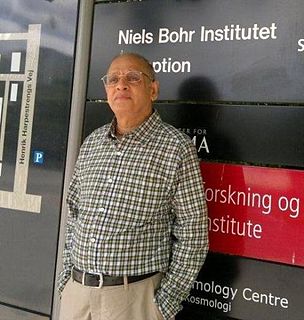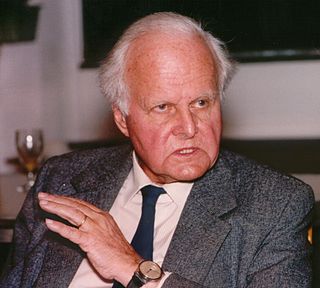A Quote by Albert Einstein
The more success the quantum theory has, the sillier it looks
Related Quotes
The mathematical framework of quantum theory has passed countless successful tests and is now universally accepted as a consistent and accurate description of all atomic phenomena. The verbal interpretation, on the other hand - i.e., the metaphysics of quantum theory - is on far less solid ground. In fact, in more than forty years physicists have not been able to provide a clear metaphysical model.
Scientific realism in classical (i.e. pre-quantum) physics has remained compatible with the naive realism of everyday thinking on the whole; whereas it has proven impossible to find any consistent way to visualize the world underlying quantum theory in terms of our pictures in the everyday world. The general conclusion is that in quantum theory naive realism, although necessary at the level of observations, fails at the microscopic level.
The incomplete knowledge of a system must be an essential part of every formulation in quantum theory. Quantum theoretical laws must be of a statistical kind. To give an example: we know that the radium atom emits alpha-radiation. Quantum theory can give us an indication of the probability that the alpha-particle will leave the nucleus in unit time, but it cannot predict at what precise point in time the emission will occur, for this is uncertain in principle.































